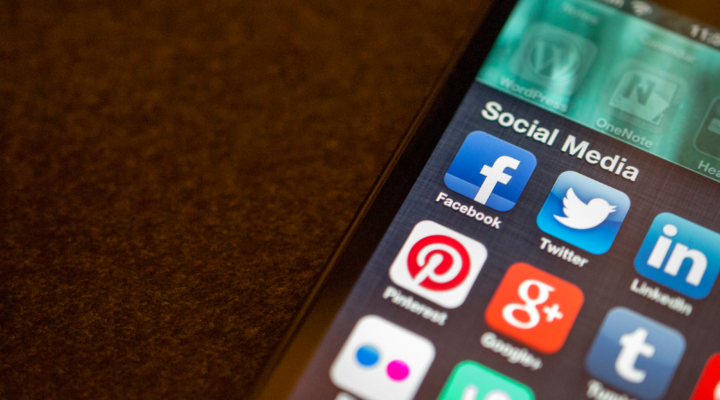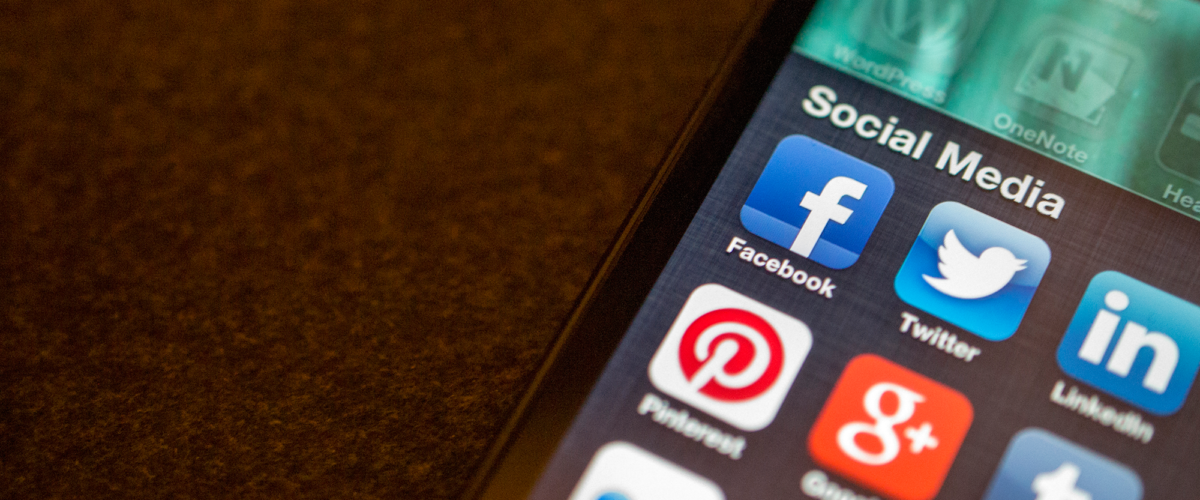While sometimes fun and useful, Facebook, Twitter and other social media sites can also be nasty, even scary places.
But is that reason for churches and Christians to abandon social media completely?

Richard Clark
Editor and social media critic Richard Clark took up the question in a recent Christianity Today review of Jaron Lanier’s new book, Ten Reasons for Deleting Your Social Media Account Right Now.
Brushing aside the warm-and-fuzzies of social media, Lanier’s warnings include the terrifying political climate, relentless targeted advertising and continual surveillance offered in those online settings.
Social media can definitely be a dark place, said Clark, the director of editorial development for Christianity Today’s PreachingToday.com and SmallGroups.com.
“That doesn’t mean we should simply withdraw,” he wrote.
Clark shared why that is in a recent interview with Baptist News Global. Following are his comments, edited for clarity.
Your wrote that you have been advised before to delete your social media accounts. Why – and have you or your friends and colleagues ever done it?
That was a reference to a commonly used phrase. When someone says something stupid on Twitter, people will come back with “delete your account.” I think Hillary did that to Trump during the campaign. I think that is a commonly used phrase.
I’ve heard a lot of friends and thought leaders lament the nature of social media, and I’ve heard coworkers sort of swear it off. A lot of writers and journalists debate what it does to your productivity – that it’s something that makes you think in a more shallow way, something that distracts you from life and from deep thought.
The book is focused more on the mental habits that Facebook and Twitter can instill in you. Those are things I have seen and had to struggle with. I’ve never quit and haven’t had a fast but I’ve always been a person who doesn’t need to take breaks from things. I just moderate as I go.
You write about the difficulties, and even dangers, of wading into thorny issues on social media. Why should Christians be careful when trying to bring peace to volatile online discussions?
There’s so much context underlying content that you’re not always fully aware of. Or it may be that other people aren’t aware that you’re aware of that context. It’s hard to communicate well to an entire group of people when you’re addressing a concept that’s become a meme. It undercuts the relationship building required to create trust with that audience – with Twitter especially. You can convince your followers of things, but wading into an argument where you don’t know the context and with people who aren’t familiar with you, they may assume you are trying to make a bad faith argument. So that’s a risk. It just dilutes the conversation.
Is Lanier’s book one churches need to go out and read?
I’m going to go with no on that one. I think it overstates the impossibility of helping people on social media and of doing good things on social media. But the problem with social media is the dehumanizing aspect of it. It takes people and reduces them to concepts and arguments and dumb things they’ve said, and I think there’s a way for us to humanize almost any of these mediated forms we interact with, whether it’s a book or movie. There are books and movies that dehumanize. There are magazines and podcasts that dehumanize. But there also are ones that do an artful job at helping us see each other’s humanity, and I have seen that take place on Facebook and Twitter.
How does any of this apply to churches using Facebook to promote chili cook-offs and mission trips and the like?
One of the ways churches have been using social media is for publicity. But I think there is a lot of opportunity for fellowship and community. Social media didn’t come out of a vacuum, it came out of a need people feel. The reality is that we don’t have community anymore. Church solves that problem but doesn’t solve it completely because you are still driving 20 minutes to church and then driving back and maybe to small group. There’s a real gap between what is the felt need for real, sustained community and what you actually get from the local church. My guess is that can be filled in a little bit by use of social media that leads with the local. That’s a way of both embracing positive aspects of social media and injecting that humanity into it.


